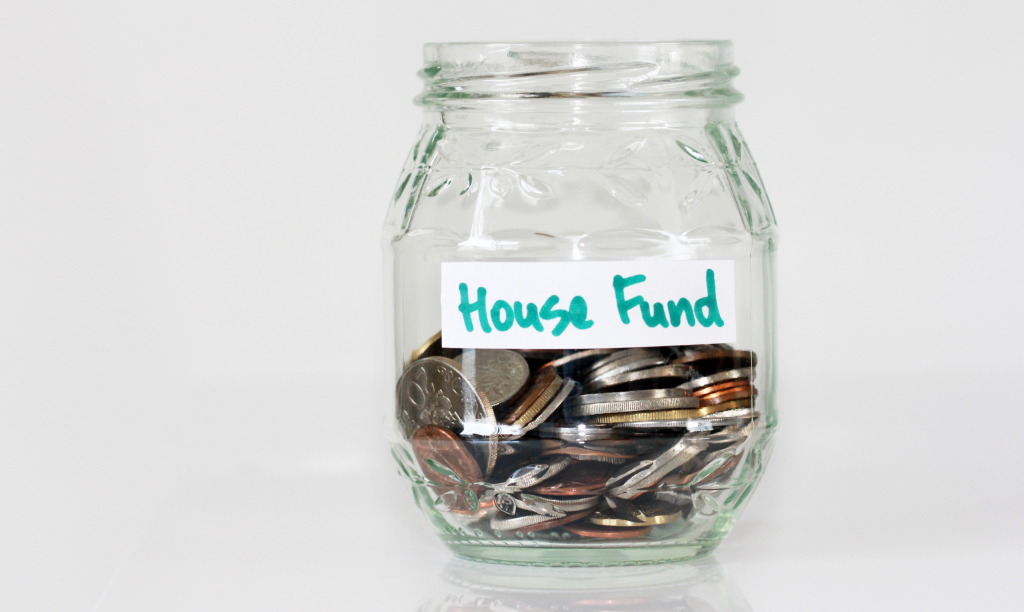With mortgage rates rising and other changes in the housing industry that have been happening lately, there is a lot of uncertainty in real estate at the moment; however, this does not change the fact that people still need a place to call home at the end of the day. If you are someone who is considering whether buying or renting makes more sense for you right now, here are a few key factors you can look at to decide.
Can You Afford To Buy A Home?
Are you currently able to stay on top of all of your monthly expenses and still have some money left over at the end of the month? Then buying a home could be the right move for you! Below are some of the things lenders look at when determining whether or not you qualify for a home loan: Credit Score
Credit Score
Your credit score is a good indicator of where your finances stand at a given time. These 3-digits pack a lot of information that will help a lender determine more about your situation as a borrower. The higher your credit score, the more creditworthy you are considered to be. A good score would typically be in the range of 649-739, very good would be between 740-799, and 800+ is considered to be excellent. This of course is not the only factor lenders look at, so even if you have a lower credit score, you might still qualify based on other factors.
Income
If you’re employed on payroll, you will be able to easily show your income to a lender by submitting your most recent paystubs and tax returns for the past two years. Self-employed individuals can submit tax returns instead of paystubs to show earnings. Make sure to show any income from tips, bonuses that you receive, and also include any side-hustle income if you have one.
Debt To Income Ratio
Your debt-to-income ratio (DTI), let’s a lender know the amount of debt obligations you have each month compared to your monthly income. For example, if you earn $4000/month and spend $2000/month, your DTI is 0.5 or 50%. A low DTI shows that you have a good balance between your debt and your income. Traditionally, lenders would consider anything lower than 36% to be a good debt-to-income ratio and they generally wouldn’t consider lending to someone with a DTI higher than 43%. There are many free tools available that can help you get a better sense of what your finances are (like this amazing app) and help you get a general idea of your debts and income to compare.
Do You Have A Savings?
Down Payment
If you’ve been building up your savings account over the past few years, then you’re already taking the right steps and planning toward your future (well done!). Depending on how much you have saved, it might be a good idea to consider moving that money from your bank account and putting it into a home where you can live instead.
Closing Costs
The buyer is typically expected to pay closing costs, so this is something to keep in mind when buying a home and determining how much to set aside. On average, these costs will account for around 3% of your total loan amount. So, on a $400,000 loan, you could expect to pay around $12,000 in closing fees. You can negotiate with the seller to see if they will be able to cover some or all of the closing fees, so your money can go toward something else.
Other Expenses
Besides the cost of closing on your home, you will also have new bills to think about as a homeowner. Things like homeowner’s insurance, property taxes, maintenance, and potential repairs, are all expenses that will add to your monthly mortgage payment. Also, if you put down less than 20% into your home, you will be required to pay mortgage insurance each month.
What is Your Lifestyle?
What has your life looked like for the past 5 years?
If you’ve been living in the same place year after year and are able to pay your rent easily each month, chances are that you would be better off owning your own home than paying rent to someone else. Even though interest rates are currently at historic highs, and it might seem like a risky time to make such a big purchase, paying rent is essentially like paying 100% interest. At least when you own your own home, this money can go back into your own pocket in the form of equity. Overtime your home will likely increase in value, helping you to further build wealth to fund your future plans.
What do your plans look like for the next 5 years?
Are you thinking about relocating to a new area sometime soon? If so, buying a home might not make the most financial sense for you right now. Although homes do tend to rise in value overtime, you won’t necessarily see the immediate return on your investment within just a year or two of buying — especially now with the slow down and uncertainty within the housing market. There are many initial costs that come with buying a home including closing fees, homeowner’s insurance (possibly mortgage insurance), property taxes, etc., so your initial investment will be more costly upfront.
Can You Pay Your Loan With Someone?
Don’t Pay Your Loan, Alone
If you’re married or in a long-term relationship, it’s pretty obvious that you will be able to share the costs of buying a home with your significant other. But, even if you’re not partnered up, there are some other creative things you can do to get help paying your mortgage. If you don’t qualify for a loan on your own, maybe you have a trusted friend or family member you feel comfortable enough to buy a home with and you can share the loan together. Or, if you do qualify for a home on your own, and are up for the experience of being a landlord, you could rent out the extra rooms in your house to roommates, or even host temporary guests on AirBNB.

So, even if you think buying a home might not be a viable option for you right now, it’s worth doing a little more research to actually find out. Setup a meeting with a qualified lender to get more information, advice, and possibly even a letter of pre-approval so you can start shopping for a new home! And if you’re not quite ready to buy a home right now, start taking steps to prepare now and be ready for the future.



